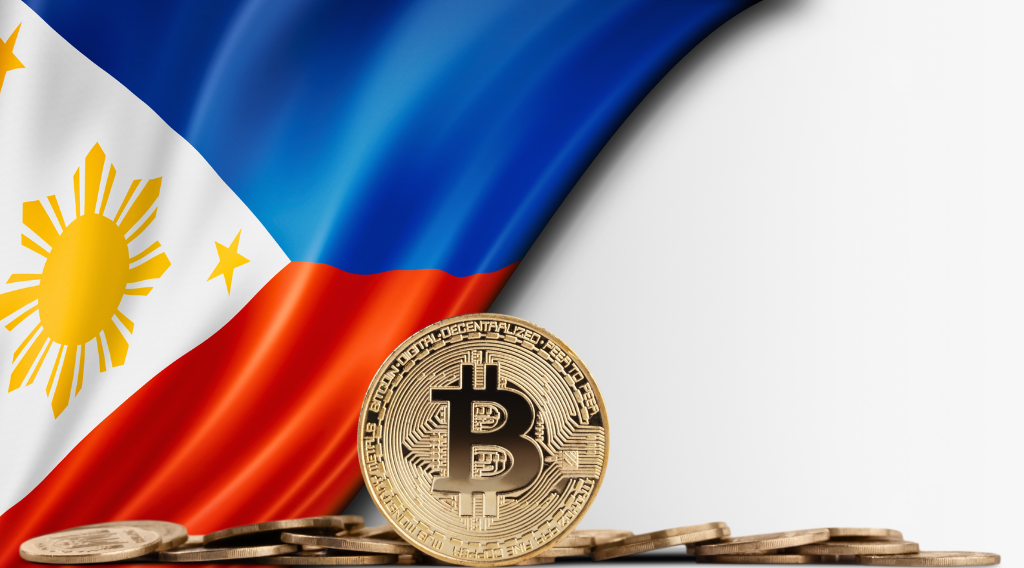Manila, Philippines – Cryptocurrency users in the Philippines are facing steep transaction fees following the recent government ban on Binance, one of the world’s largest cryptocurrency exchanges. The ban, which was enacted due to concerns over regulatory compliance and consumer protection, has left many Filipinos scrambling to find affordable alternatives for their digital currency transactions.
Skyrocketing Fees Impact Local Traders
Since the enforcement of the ban, the cryptocurrency community in the Philippines has experienced a sharp increase in trading costs. Maria Lopez, a crypto trader from Manila, reported, “The fees have almost doubled on some exchanges. It’s becoming costlier and more difficult to engage in crypto trading, which is a big part of how I make my living.” This escalation in fees is primarily due to the dwindling competition among exchanges, allowing the remaining players to raise their prices without the threat of losing customers to more affordable options like Binance.
Also Read: Soaring U.S. Debt Poses Risk of Market Turmoil, Boosts Bitcoin and Gold
Government and Financial Analysts Weigh In
The Philippine government has reaffirmed its commitment to digital innovation while stressing the necessity of adherence to regulatory standards to safeguard its citizens. An official from the Securities and Exchange Commission highlighted, “Our priority is to ensure that all financial dealings within cryptocurrencies are safe, transparent, and aligned with our national regulations.”
However, financial experts, including Joshua Garcia, an economic analyst from Cebu, express concerns that these increased costs could hamper the growth of the local cryptocurrency market. Garcia noted, “The higher fees might deter new users from entering the market and could also discourage current users from trading as frequently.”
Calls for Balanced Regulation
Amidst these challenges, crypto enthusiasts like Lopez are advocating for regulatory measures that balance consumer protection with the need for affordable and accessible cryptocurrency trading. “We need regulations that foster innovation while keeping the costs reasonable for users,” she stated.
As the cryptocurrency landscape in the Philippines continues to evolve, the community remains hopeful for solutions that will address regulatory concerns without stifling the potential growth of cryptocurrencies in the region. Meanwhile, Filipino traders are adjusting to the new, costlier environment for crypto trading.
